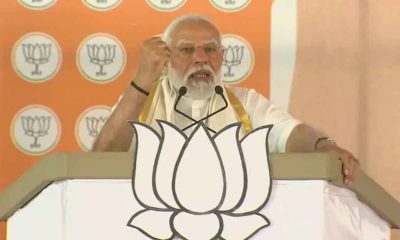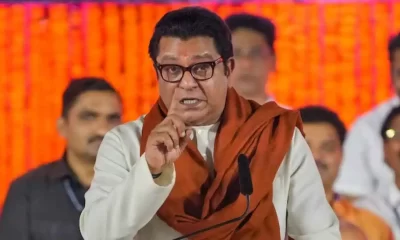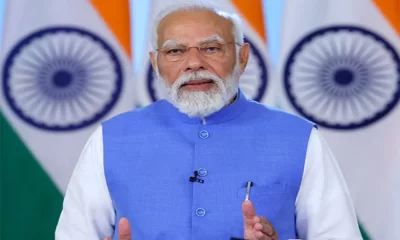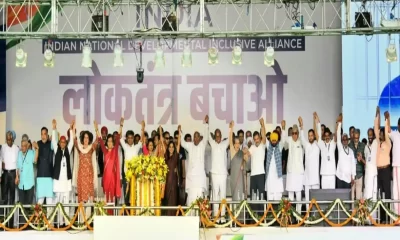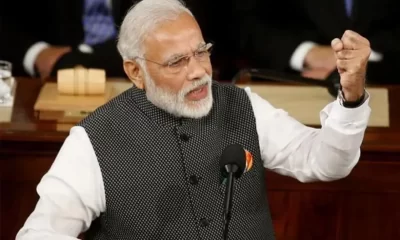India News
Udaipur horror: Rajasthan CM Ashok Gehlot slams PM Modi, says such incidents won’t happen if he appeals to people for peace
Rajasthan CM Ashok Gehlot said such incidents won’t happen again if PM Modi appeals people.
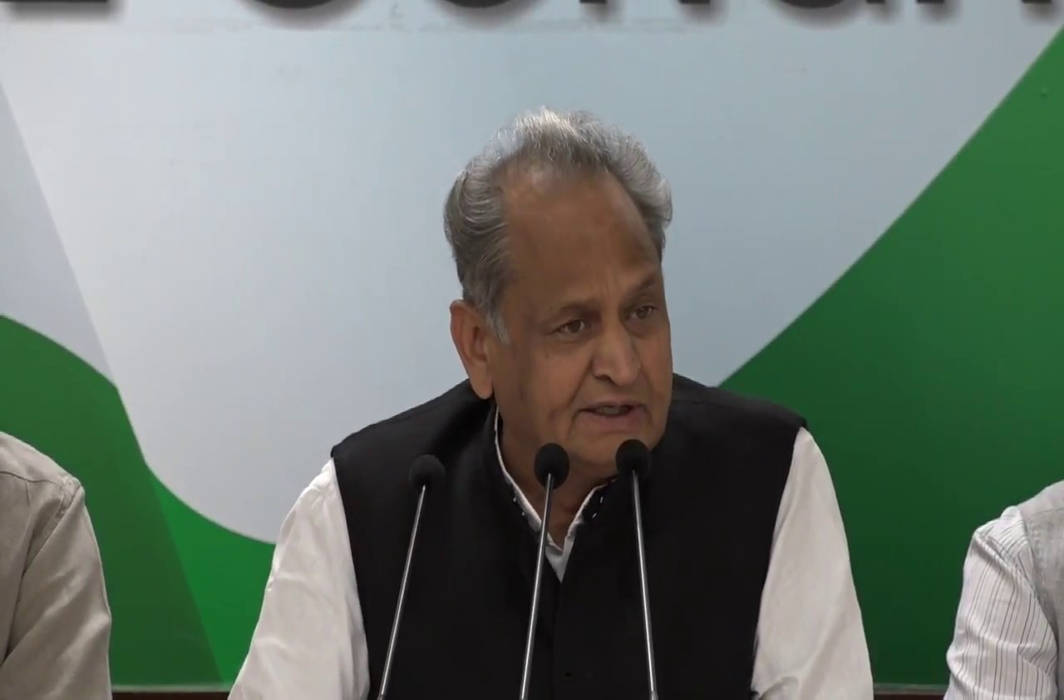
Rajasthan Chief Minister Ashok Gehlot on Thursday slammed Prime Minister Narendra Modi over the increase in communal violence in the country.
Gehlot had earlier criticised the Modi-led government multiple times and on July 7 he launched a fresh attack on Narendra Modi saying the PM should address the nation and urge the citizens to maintain peace in the country.
While speaking with the media, Rajasthan CM said they are repeatedly appealing to PM Modi to give a message of peace & unity to the nation as his statement will have a strong impact on the people. He further said it is hard for him to understand why PM doesn’t release an official statement about the same.
He believes such incidents won’t happen if the PM appeals to the people, Rajasthan CM Ashok Gehlot concluded.
Take a look at Rajasthan CM Ashok Gehlot’s statement
Gehlot also pointed out to PM’s advisor and said that why are his advisors not advising him to deliver a message of peace in the country.
Speaking about the Udaipur murder case, Rajasthan CM tweeted that after analyzing the condition of the family, yesterday his government decided inside the cabinet that both the children will get government jobs. This is our duty too, Gehlot added in his Tweet.
Meanwhile, Udaipur’s murder case has been handed over to the National Investigation Agency (NIA). The probe agency has arrested 6 people in relation to the crime. NIA nabbed the sixth accused Wasim Ali on Tuesday night, who owns a shop opposite Kanhaiya Lal’s tailoring shop.
Tailor Kanhaiya Lal was brutally murdered on June 28 in his shop for supporting Nupur Sharma’s derogatory remark over Prophet Muhammad in a live news debate show. After killing the victim, accused Gaus Mohammad and Riyaz record and upload the whole crime scene on social media.
VIRAL: Muslim family performed last rites of their Hindu employee in Bihar
Mohammed Zubair moves Supreme Court, seeks quashing of UP Police FIR
India News
Enforcement Directorate says Arvind Kejriwal is deliberately eating mangoes, sweets, taking sugar with tea to increase his blood sugar level and create ground for bail
The Enforcement Directorate (ED) made the claim before special judge for ED and CBI cases, Kaveri Baweja, who gave directions to the Tihar jail authorities to file a report in the matter which should also include Kejriwal’s diet chart.
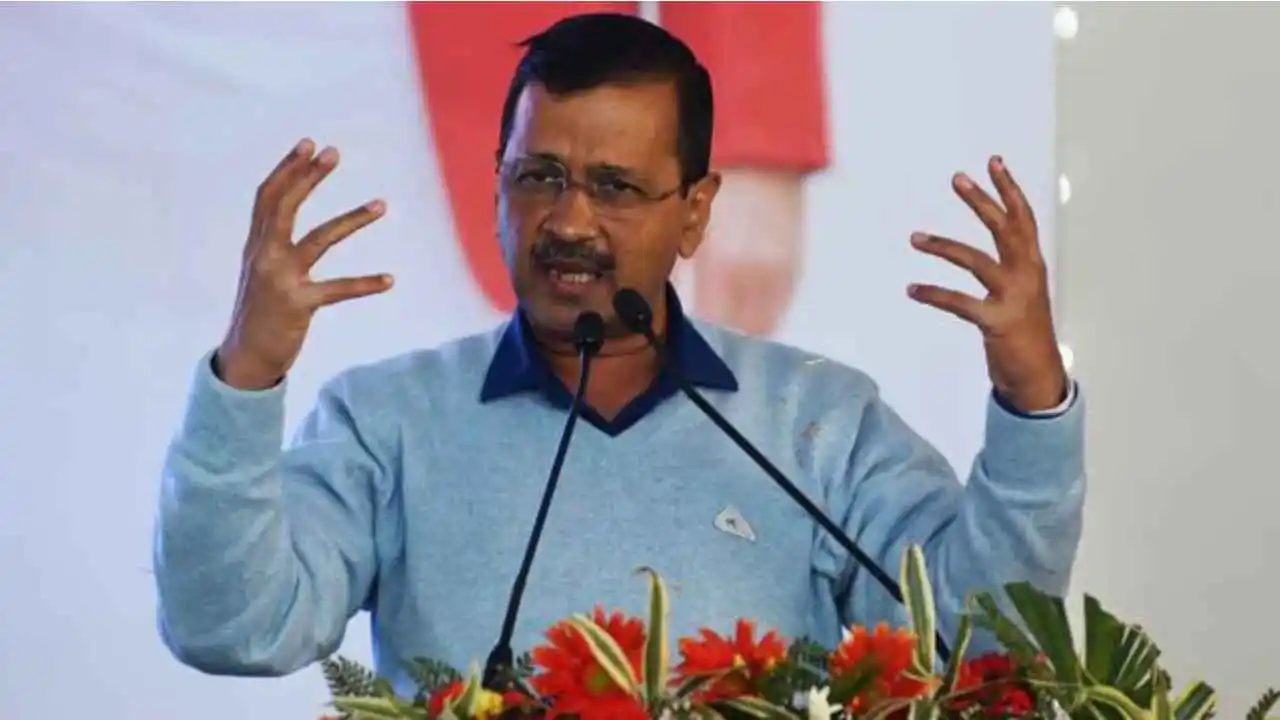
The Enforcement Directorate told the court on Thursday that Delhi Chief Minister Arvind Kejriwal, arrested in liquor policy case, is taking high sugar intake like mangoes and sweets every day deliberately in spite of suffering from type 2 diabetes so that he can create grounds for medical bail. The Enforcement Directorate (ED) made the claim before special judge for ED and CBI cases, Kaveri Baweja, who gave directions to the Tihar jail authorities to file a report in the matter which should also include Kejriwal’s diet chart.
Kejriwal had moved court and also sought permission to consult his regular doctor via video conference because his sugar levels were fluctuating. The judge directed the authorities concerned to file the report by tomorrow, when the court will take up the matter again.
Advocate Vivek Jain, counsel for Delhi CM Arvind Kejriwal responded to the ED’s argument and said this is an issue made by Enforcement Directorate so that home-cooked food should also be stopped. He said this would have a major impact on his health. Advocate Jain added that whatever Kejriwal is eating is as per his doctors prescribed dietary chart. He said the matter is sub judice and they do not have anything to say.
Advocate Vivek Jain objected to the Enforcement Directorate’s submission and said that the agency is making these allegations only for the media. He said that some toffee and other things are given to diabetic patients so that they can maintain their sugar levels. Jain added that Kejriwal is withdrawing his application and will file a better one later.
AAP minister Atishi Marlena said that Arvind Kejriwal had fallen ill and lost about 4.5 kg since his arrest on March 21. She addressed a press conference where the AAP leader said, Arvind Kejriwal is a severe diabetes patient but he never lets his health issue come as the way of his in the service to the nation.
India News
Enforcement Directorate seizes Shilpa Shetty’s husband Raj Kundra’s properties worth Rs 97 crore
The Enforcement Directorate said in a statement that the Mumbai zonal office of ED has provisionally attached immovable and movable properties of Kundra under the provisions of Prevention of Money Laundering Act (PMLA), 2002.
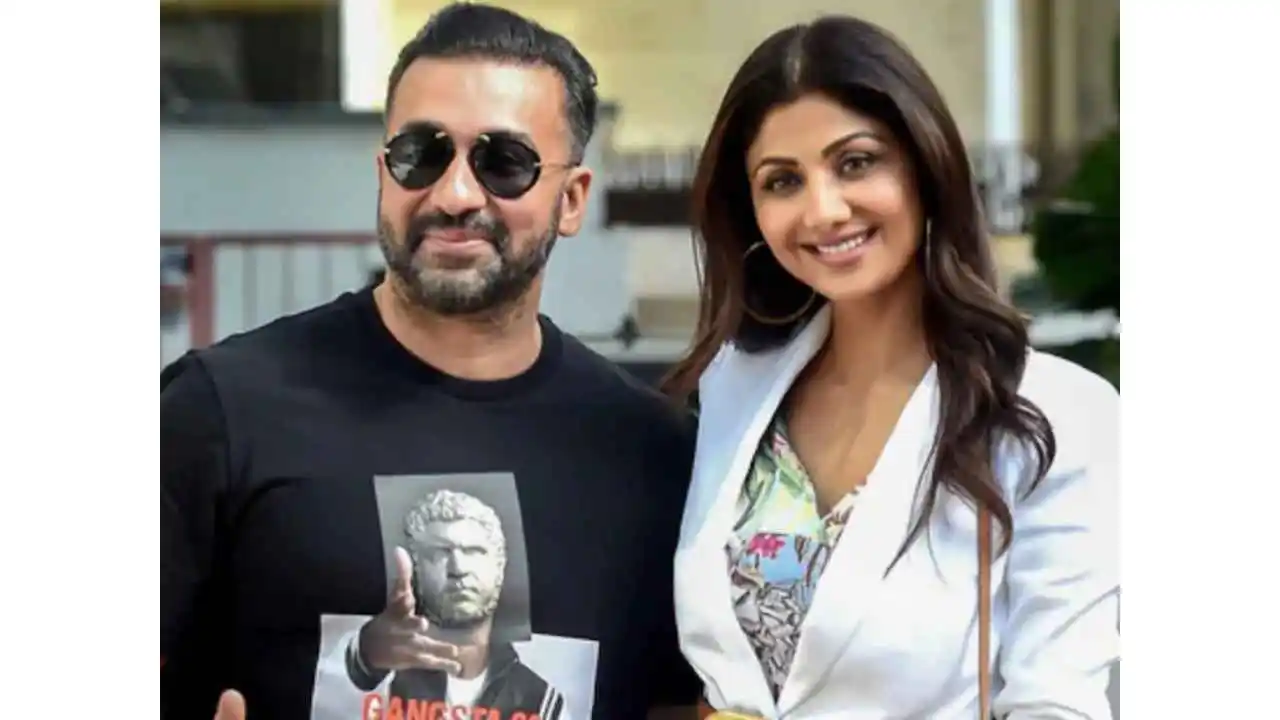
The Enforcement Directorate on Thursday seized businessman Raj Kundra’s properties worth Rs 97.79 crore. The siezed properties include a residential flat in Mumbai’s Juhu, which is named after his wife and Bollywood actor Shilpa Shetty. The Enforcement Directorate said the seized properties include another property which is a residential bungalow in Pune and Equity shares in the name of Raj Kundra.
The Enforcement Directorate said in a statement that the Mumbai zonal office of ED has provisionally attached immovable and movable properties of Kundra under the provisions of Prevention of Money Laundering Act (PMLA), 2002. The Enforcement Directorate began the investigation on the basis of a number of FIRs which were registered by Delhi Police and Maharashtra Police. It is being said that Kundra collected large sums of money in the form of bitcoins which were worth Rs 6,600 crore in 2017 from the public with the false promises of 10 % monthly return in the form of bitcoins.
The ED said that it was planned that the collected bitcoins will be used for bitcoin mining and investors will get to get a large return in Crypto assets. But the promoters cheated the investors as they concealed the ill-gotten bitcoins in obscure online wallets. The Enforcement Directorate revealed in its investigation that Raj Kundra received 285 bitcoins from the mastermind and promoter of Gain Bitcoin Ponzi Scam Amit Bhardwaj for setting up bitcoin mining farm in Ukraine.
The Enforcement Directorate in its statement said that the bitcoins were sourced out of proceeds of crime collected by Amit Bhardwaj from gullible investors. Since the deal did not go through, so Kundra is still in possession and enjoyment of 285 bitcoins which are valued at more than Rs 150 crore. Earlier a number of search operations were conducted in connection with this case, leading to the arrest of three people — Simpy Bhardwaj on December 17, 2023, Nitin Gaur on December 29, 2023, and Nikhil Mahajan on January 16, 2023.
India News
Religious outfit vandalises The Blessed Mother Teresa High School in Telangana after teachers object to students wearing Hanuman Deeksha dress
The Religious group broke glass windows and flower pots and pelted stones on the statue of St. Mother Teresa at the school’s entrance. The religious outfit also attacked Father Jaimon Joseph, the school manager.
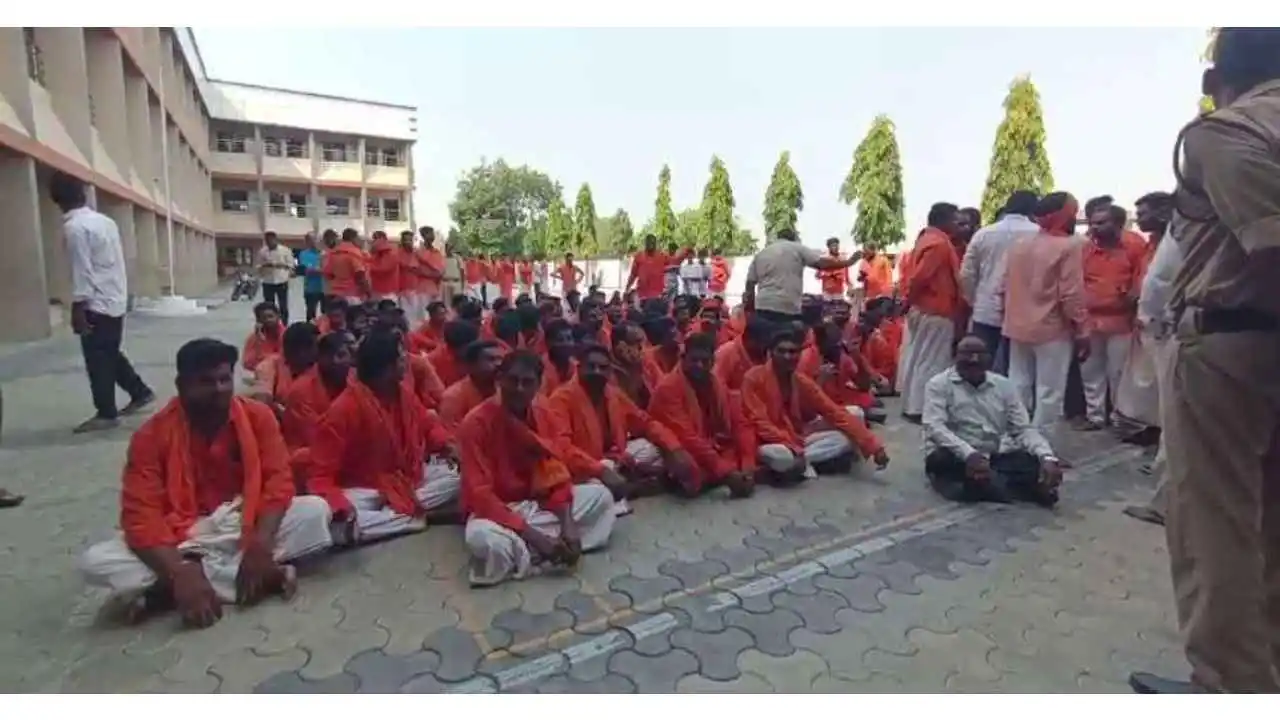
A religious group shouting Jai Shri Ram has vandalised a Catholic school and assaulted a priest in Telangana’s Mancherial district on Tuesday. The saffron mob staged protest and vandalised The Blessed Mother Teresa High School in Kannepally village. They broke glass windows and flower pots and pelted stones on the statue of St. Mother Teresa at the school’s entrance. The religious outfit also attacked Father Jaimon Joseph, the school manager.
The priest who is a member of the Missionary Congregation of the Blessed Sacrament (MCBS) said some of members of the mob even slapped and threw punches at him while others attacked him from behind. The religious outfit accused the school management of not allowing Hindu students to wear their religious costumes. The school authorities said the allegation made by the mob is misleading and has no truth in it.
Earlier, the students who wore religious costumes had informed the school principal that it was part of a 21-day special religious practice. The principal said he had only asked the students to bring their parents to school after noticing that they are not wearing the school uniform.
Later, members of the religious outfit started protesting outside the school. They demanded action should be taken against the management for stopping the students from entering the school and appearing for their annual examinations as they were wearing the Hanuman deeksha dress.
The priest said soon after the video started circulating on social media and became viral with hate messages against Christians. After this incident many Hindus reached the school and vandalized it. A complaint has been lodged at the local police station by the school management, but no arrests have been made so far. Instead of taking action against the miscreants, the police have filed a case against the school management for hurting religious sentiments of the local people.
-
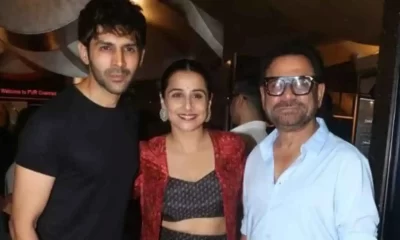
 Entertainment17 hours ago
Entertainment17 hours agoBollywood stars Vidya Balan, Kartik Aaryan, Pratik Gandhi, Ileana D’Cruz, Mouni Roy, Radhika Madan, Mrunal Thakur attend Do Aur Do Pyaar premiere
-

 LATEST SPORTS NEWS21 hours ago
LATEST SPORTS NEWS21 hours agoIPL 2024: Delhi Capitals thrash Gujarat Titans by 6 wickets
-
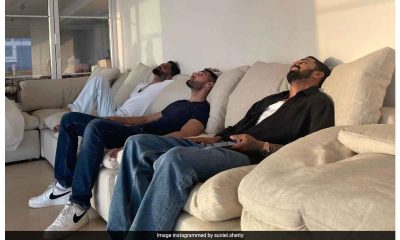
 Cricket news15 hours ago
Cricket news15 hours agoHappy Birthday KL Rahul: Suniel Shetty wishes son-in-law KL Rahul on his 32nd birthday
-
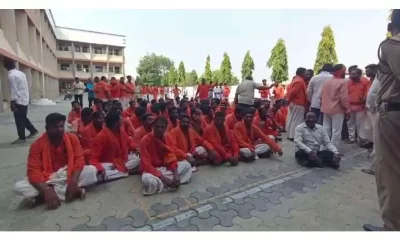
 India News18 hours ago
India News18 hours agoReligious outfit vandalises The Blessed Mother Teresa High School in Telangana after teachers object to students wearing Hanuman Deeksha dress
-
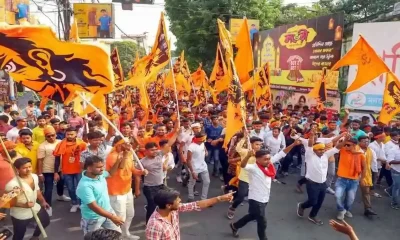
 India News20 hours ago
India News20 hours agoClashes erupt during Ram Navami procession in West Bengal’s Murshidabad district
-

 India News14 hours ago
India News14 hours agoEnforcement Directorate seizes Shilpa Shetty’s husband Raj Kundra’s properties worth Rs 97 crore
-
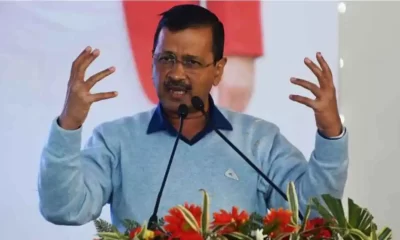
 India News13 hours ago
India News13 hours agoEnforcement Directorate says Arvind Kejriwal is deliberately eating mangoes, sweets, taking sugar with tea to increase his blood sugar level and create ground for bail

